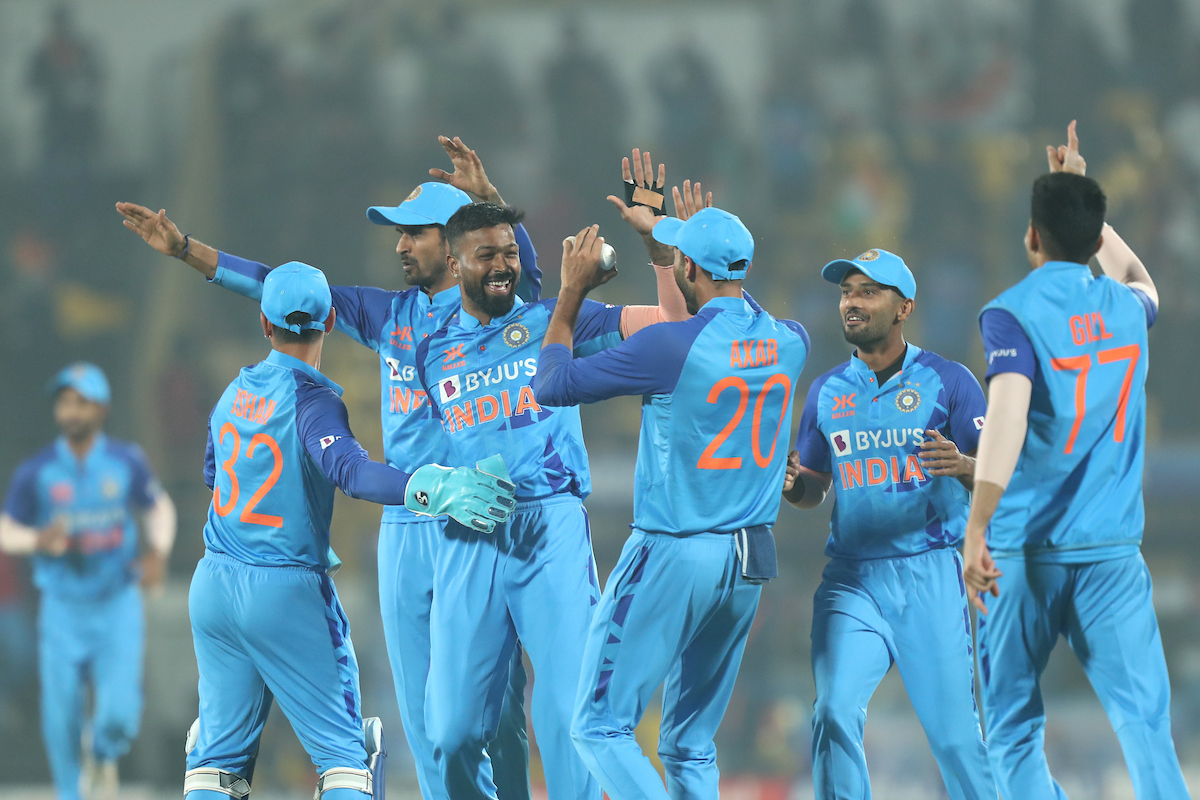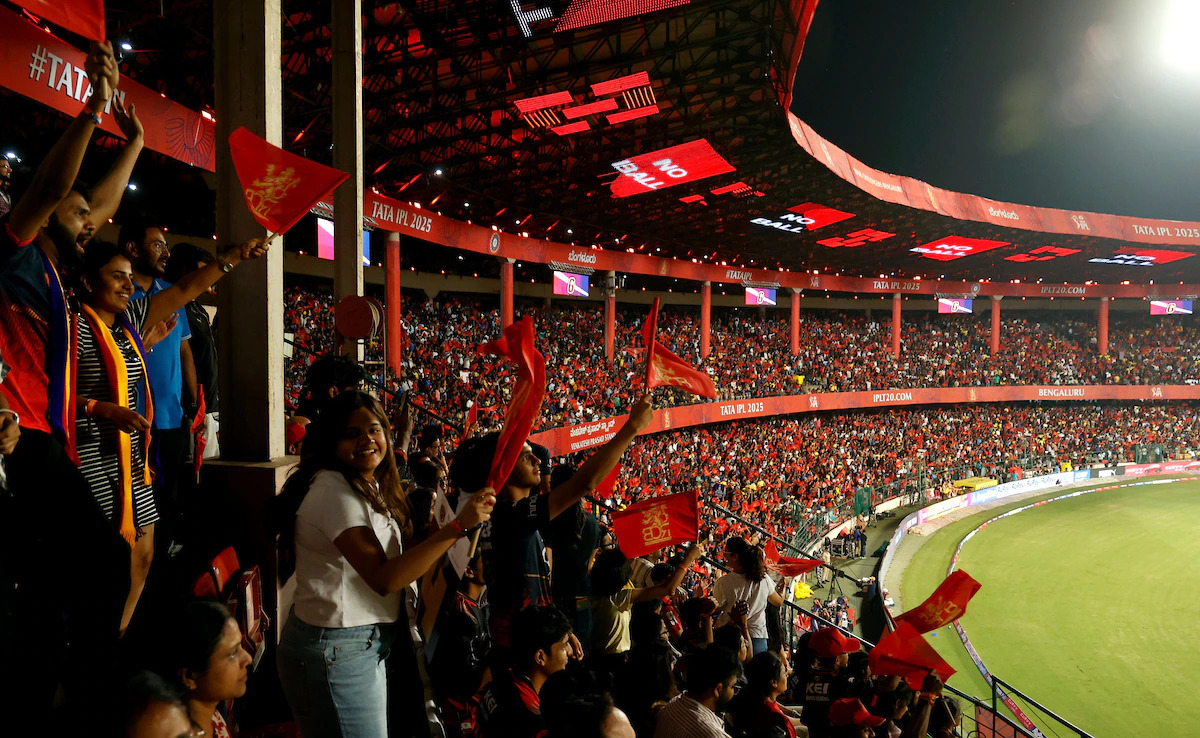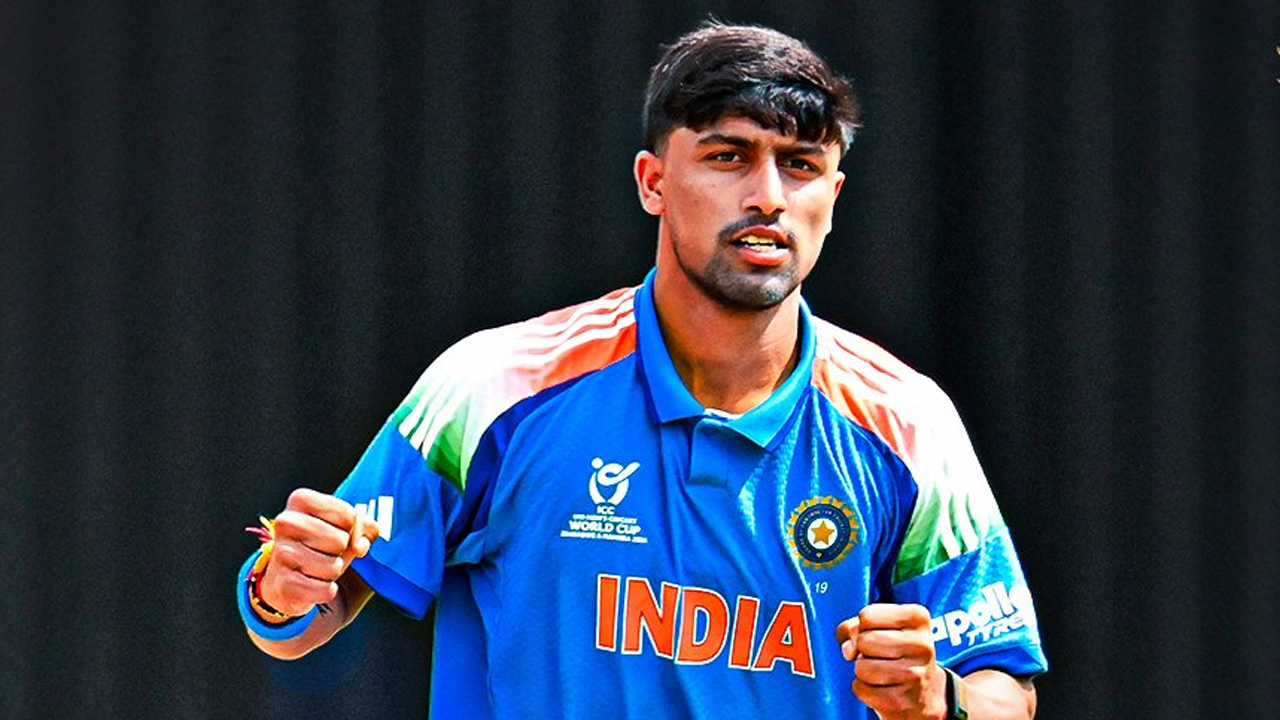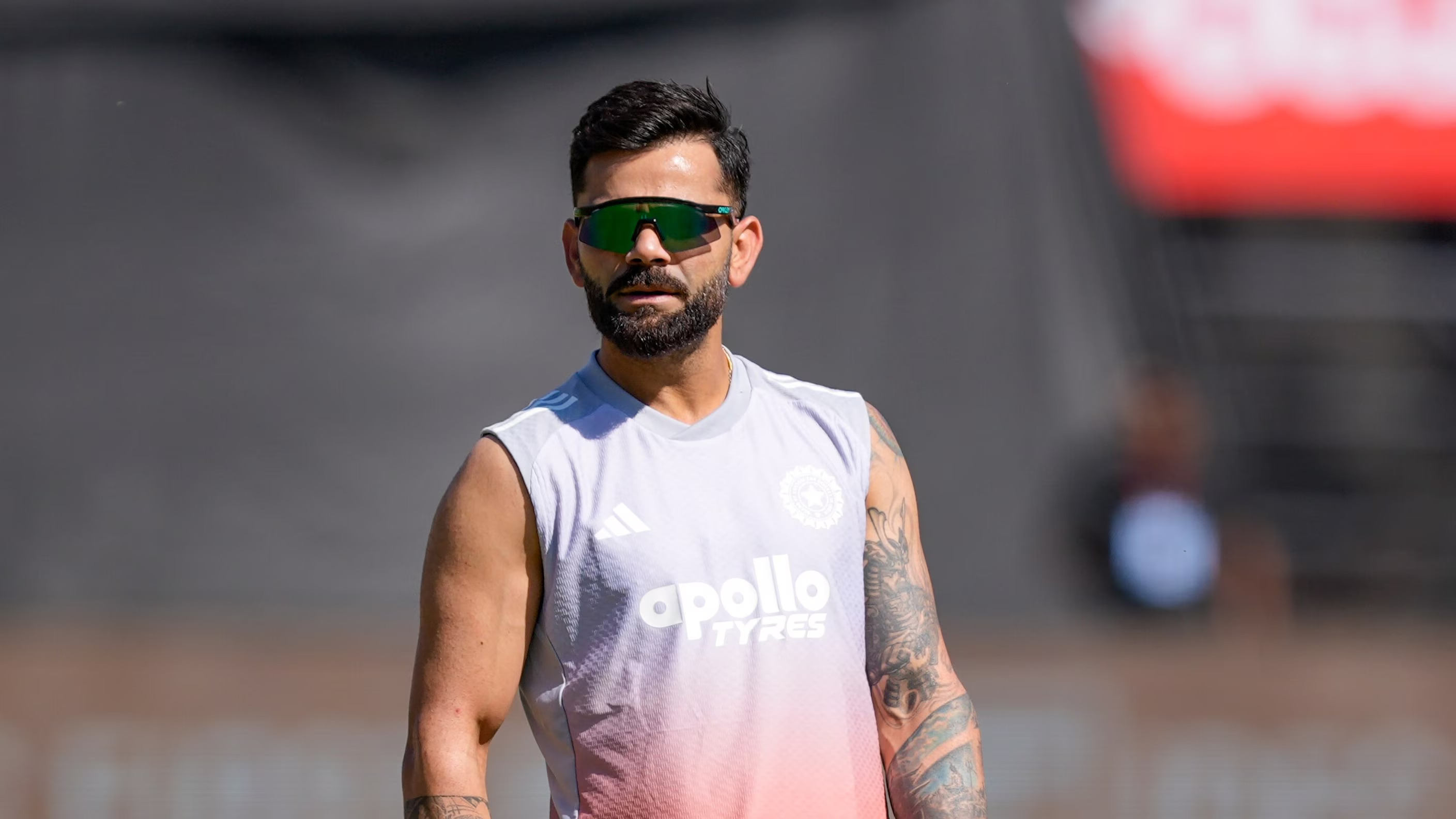The board of the International Cricket Council (ICC) approved the conditions of Sri Lanka Cricket’s (SLC) suspension. Following consideration of SLC’s argument, the ICC Board suspended Sri Lanka for violating its membership requirements, specifically the need to conduct its business independently and without intervention from the government. However, the country is now permitted to participate in international bilateral cricket matches as well as ICC events.
The ICC Board has confirmed that Sri Lanka will no longer host the ICC U19 Men’s Cricket World Cup in 2024; instead, South Africa will host the event. Nevertheless, the ICC will still be in charge of paying SLC.
New rules on gender eligibility for international competition were also agreed upon by the ICC Board after a nine-month consultation process with various stakeholders in the sport. The protection of the integrity of the women’s game, safety, fairness, and inclusion are the guiding principles of the new policy, which states that any male-to-female participants who have experienced male puberty will not be eligible to compete in the international women’s game, regardless of any surgery or gender reassignment treatment they may have undergone.
The evaluation, which was only focused on gender eligibility for international women’s cricket, was under the direction of the ICC Medical Advisory Committee and Dr. Peter Harcourt. Gender eligibility at the domestic level is determined by each member board and may be influenced by local laws. Within two years, the regulations will be reconsidered.
“The changes to the gender eligibility regulations resulted from an extensive consultation process and are founded in science and aligned with the core principles developed during the review,” stated Geoff Allardice, Chief Executive of the ICC. As a sport, inclusivity is very important to us, but player safety and the integrity of the international women’s game came first.
Cricket
A plan to expedite the development of female match officials was approved by the Chief Executives’ Committed (CEC). It calls for paying ICC umpires equally on match days in both men’s and women’s cricket, as well as guaranteeing that one impartial umpire will officiate each ICC Women’s Championship series starting in January 2024.
In men’s ODI and T20I cricket, the CEC decided to test the use of a stop clock from December 2023 to April 2024. The amount of time between overs will be controlled by the clock. The third time this occurs in an innings, the bowling side will be penalized five runs if they are not prepared to bowl the following over within sixty seconds of the last over being finished.
Additionally, modifications to the outfield monitoring and pitch regulations were approved. These included raising the bar for a venue’s potential five-year suspension from five demerit points to six demerit points, as well as streamlining the standards by which pitches are evaluated.





